Do you often find yourself feeling excessively guilty, even when you’ve done nothing wrong? If so, you may be struggling with unhealthy guilt syndrome.
Ever wondered “Why do I feel so guilty over small things?” Guilt is an emotion that we all experience at some point in our lives. It can be a healthy emotion that helps us learn from our mistakes and become better versions of ourselves.
It can also serve as a reminder of our moral compass, nudging us to reflect on our actions and right our wrongs..
However, when guilt becomes excessive, all-consuming and irrational, it can turn into a debilitating condition called unhealthy guilt syndrome. Let’s explore what this condition is, its causes, symptoms, and how to overcome it.
What is unhealthy guilt syndrome?
Unhealthy guilt syndrome meaning: Unhealthy Guilt Syndrome (UGS), also known as pathological guilt, is a condition where an individual experiences excessive and irrational guilt over past actions or events.
If you have ever felt “Why do I feel so guilty over small things?”, then it may be due to UGS. It refers to the experience of feeling excessive, chronic guilt that interferes with normal functioning.
It stems from a distorted view of responsibility and fault. People with unhealthy guilt tend to hold themselves to unreasonable standards and blame themselves for things outside of their control.
Related: 8 Unusual Things You Do Because Of Your Anxiety
This guilt is often disproportionate to the situation and can persist even when the individual has done nothing wrong. People with unhealthy guilt often believe that they are responsible for the actions and feelings of others, even when they are not.
They may constantly apologize for things that are not their fault and feel guilty for things that are beyond their control.
Now that we have understood unhealthy guilt syndrome meaning, let’s learn about the difference between healthy & unhealthy guilt.

Healthy guilt vs unhealthy guilt
Guilt is a natural human emotion that we all experience from time to time. It can be a healthy emotion that helps us learn from our mistakes and make amends for our wrongdoings. However, guilt can also become excessive and irrational, leading to unhealthy or pathological guilt.
Understanding unhealthy guilt syndrome meaning can help us realize that the main difference between healthy and unhealthy guilt lies in the degree and duration of the guilt. Healthy guilt is a temporary emotion that arises when we have acted in a way that goes against our values or beliefs.
It is a signal that we need to take responsibility for our actions and make amends if necessary. Once we have done so, the guilt dissipates, and we can move on.
On the other hand, unhealthy guilt is a persistent feeling of guilt that lingers long after we have taken responsibility for our actions. It is often disproportionate to the situation and can be triggered by events that are beyond our control.
Unhealthy guilt can be debilitating, leading to feelings of worthlessness, self-blame, and even depression.
Healthy guilt is a temporary emotion that serves as a guidepost for our behavior. Unhealthy guilt is a persistent feeling of guilt that can be debilitating and irrational.
It is important to recognize the difference between the two and take steps to address unhealthy guilt if it arises.
Related: Feeling Down? 5 Reasons Why You Feel Like Shit And What To Do About It
Symptoms of unhealthy guilt syndrome

What are the signs someone feels guilty? The symptoms of UGS can vary from person to person. Here are some of the most common emotional signs of guilt and physical signs of guilt –
1. Excessive guilt
People with unhealthy guilt often feel guilty for things that are not their fault and may apologize excessively.
2. Self-blame
Blaming yourself is one of the signs someone feels guilty. They may constantly blame themselves for past events or actions, even when they are not responsible.
3. Low self-esteem
Pathological guilt can also lead to low self-esteem and feelings of worthlessness. This is one of the important signs someone feels guilty as they constantly apologize.
4. Anxiety
Anxiety is a common symptom of unhealthy guilt syndrome. People may worry excessively about the consequences of their actions or feel anxious about being judged by others.
5. Depression
UGS can also lead to depression, characterized by feelings of sadness, hopelessness, and loss of interest in activities. This is among the most common signs someone feels guilty.
Unhealthy guilt can also manifest in various physical symptoms of guilt, including:
- Fatigue
- Insomnia
- Muscle tension
- Headaches
- Digestive issues such as nausea, vomiting, stomach pain, and diarrhea
Apart from these, there may be other physical symptoms of guilt. It’s important to note that these physical symptoms of guilt can also be caused by other factors as well.
Related: The Psychology of Guilt: How Guilt Changes The Way We Spend
Now that we know about the physical signs of guilt, let us explore some more emotional signs of guilt. Some other widely observed symptoms of unhealthy guilt may include:
- Feeling guilt disproportionate to the situation or offense
- Feeling guilty about unimportant or minor issues
- Excessive apologizing
- Trouble making decisions due to fear of making mistakes
- Chronic feelings of worthlessness, inadequacy and self-loathing
- Constant rumination or dwelling excessively on perceived faults and failures
- Difficulty experiencing joy or pleasure
- Social withdrawal and isolation
Identifying the physical signs of guilt and the emotional signs of guilt can help us better manage our unhealthy guilt.
What causes unhealthy guilt syndrome
Pathological guilt can be triggered by a number of different underlying factors and causes, including:
1. Childhood experiences
Childhood experiences such as abuse, neglect, or being overly criticized can lead to the development of unhealthy guilt. Children who are constantly blamed for things that are not their fault may grow up to feel guilty for everything.
2. Trauma
Past trauma, especially from childhood, can cause unhealthy guilt about not having prevented or escaped the trauma.
Traumatic events such as accidents, natural disasters, or violence can also trigger UGS. People who have experienced trauma may feel guilty for surviving while others did not or for not being able to prevent the traumatic event from happening. This is why you feel “Why do I feel so guilty over small things?”
3. Mental health conditions
Unhealthy guilt syndrome is often associated with various mental health conditions such as depression, anxiety, or obsessive-compulsive disorder (OCD).
These conditions can cause individuals to excessively ruminate on past events and feel guilty for things that are beyond their control.
4. Personality traits
People with certain personality traits such as perfectionism or high sensitivity may be more prone to developing pathological guilt. They may set high standards for themselves and feel guilty when they are unable to meet them.
Some other underlying factors may include –
5. Brain chemistry
Chemical imbalances in the brain may lower a person’s threshold for feeling guilt.
6. Low self-esteem
People with low self-esteem often view themselves as “bad” or “defective,” fueling unhealthy guilt.
7. Rigid upbringing
Individuals raised with inflexible, “black-and-white” rules by authoritarian parents are prone to harsh self-judgment and guilt.
8. People pleasing
The drive to please others at all costs often leads to imposing unrealistic demands and feeling guilty when failing to meet them. This is another good reason why you feel “Why do I feel so guilty over small things?”
Related: Breakup Guilt: How To Get Over Breakup Anxiety And Move On?
Is guilt complex the same as unhealthy guilt syndrome?
No, guilt complex and unhealthy guilt syndrome and not the same. Guilt complex is a long-term pattern of excessive guilt, while UGS is a more acute, irrational and intense form of guilt that can be triggered by specific events or situations.
Guilt complex meaning: It is a psychological phenomenon where an individual experiences excessive guilt and self-blame for their actions or thoughts. It is often a long-term pattern that arises from childhood experiences or trauma.
On the other hand, UGS is a condition where an individual experiences excessive and irrational guilt over past actions or events. This guilt is often disproportionate to the situation and can persist even when the individual has done nothing wrong.
While guilt complex cause & symptoms share some similarities with unhealthy guilt syndrome, they are distinct psychological phenomena.
Difference between guilt complex and unhealthy guilt syndrome
Now that we know the UGS and guilt complex meaning are not the same, here are some key points comparing guilt complex and pathological guilt syndrome:
1. Nature
The guilt complex is a long-term pattern of excessive guilt and self-blame, while unhealthy guilt is a more acute and intense form of guilt that can be triggered by specific events or situations.
2. Duration
The guilt complex is a persistent pattern of excessive guilt that may last for years or even a lifetime, while UGS may come and go, but tends to be more acute and shorter in duration.
3. Causes
Guilt complex causes are often due to childhood experiences or trauma, while pathological guilt can be caused by a variety of factors, including mental health conditions, personality traits, or specific events.
4. Symptoms
Both unhealthy guilt and guilt complex symptoms include low self-esteem, self-blame, and anxiety, but UGS can also cause excessive apologizing, feeling responsible for others’ feelings, and a persistent sense of guilt. While guilt complex symptoms may be similar, the experiences can be different.
5. Treatment
Guilt complex treatment may involve therapy to help individuals process past experiences and develop coping strategies, while treatment for unhealthy guilt syndrome may involve therapy, medication, or a combination of both, depending on the underlying causes.
Guilt complex cause may be treated with cognitive-behavioral therapy (CBT), which focuses on changing negative thought patterns and behaviors, while UGS may be treated with exposure therapy, which involves gradually exposing individuals to triggering situations or thoughts to reduce their anxiety and guilt.
6. Relationship with other mental health conditions
Guilt complex is often associated with other mental health conditions such as depression, anxiety, and post-traumatic stress disorder (PTSD), while unhealthy guilt is often associated with conditions such as obsessive-compulsive disorder (OCD), generalized anxiety disorder (GAD), or borderline personality disorder (BPD).
7. Impact on daily life
Both the guilt complex and UGS can impact a person’s daily life, relationships, and overall wellbeing. Avoiding guilt complex treatment can lead to isolation, self-doubt, and a sense of hopelessness, while unhealthy guilt can cause individuals to avoid social interactions, ruminate excessively on past events, and experience physical symptoms such as headaches or stomachaches.
8. Prognosis
The prognosis for guilt complex and unhealthy guilt syndrome can vary depending on the individual’s specific situation. For the guilt complex treatment, the prognosis may depend on the severity of the underlying trauma or experiences and the individual’s willingness to engage in therapy.
For UGS, the prognosis may depend on the underlying causes and the effectiveness of the treatment approach. However, with proper treatment and support, individuals with both guilt complex and unhealthy guilt can learn to manage their symptoms and improve their overall quality of life.
Related: 7 Ways To Overcome Introvert Guilt And Embrace Your Inner Introvert
How does guilt affect a person
So how can guilt affect a person? Unhealthy guilt can have a significant impact on a person’s emotional, psychological, and physical well-being. If you are wondering how does guilt affect a person, here are answers to how can guilt affect a person –
1. Low self-esteem
People with UGS may believe that they are responsible for everything that goes wrong in their lives and feel guilty for their perceived shortcomings.
2. Anxiety
People with unhealthy guilt may worry excessively about the consequences of their actions or fear being judged by others.
3. Depression
Unhealthy guilt can also lead to depression, making the person feel sad, hopeless or a burden to others. This is one of the most devastating effects of how does guilt affect a person.
4. Physical symptoms of guilt
Unhealthy guilt can also impact a person’s physical health, causing physical signs of guilt such as headaches, stomachaches, and fatigue.
Still thinking about how does guilt affect a person? Read on.
5. Difficulty with relationships
How can guilt affect a person? It can affect your relationships. Unhealthy guilt can strain relationships with family, friends, and romantic partners. People with unhealthy guilt may constantly apologize or avoid social situations.
6. Impaired decision-making
Unhealthy guilt can also impair a person’s ability to make decisions.They may be hesitant to take risks or make decisions for fear of making a mistake.
Related: 7 Guilty Thoughts That Keep You With Someone Who Doesn’t Deserve You
Overcoming unhealthy guilt syndrome
So how to stop feeling guilty without confessing? Overcoming UGS can be a challenging process, but it is possible with the right mindset and approach. Here are some tips on how to overcome it:
1. Recognize unhealthy guilt
The first step is to recognize that excessive and irrational guilt is not helpful. Guilt can be a healthy emotion, but only when it is rational and proportional to the situation.
2. Challenge your beliefs
People with unhealthy guilt often have unrealistic and irrational beliefs about themselves and their actions. Challenge these beliefs by asking yourself if they are true and if there is evidence to support them. This is how to stop feeling guilty without confessing.
3. Practice self-compassion
Self-compassion is a powerful tool in overcoming UGS. Treat yourself with kindness and understanding and recognize that everyone makes mistakes.
4. Set healthy boundaries
Only take responsibility for things that are truly within your control, letting go of other people’s issues. Boundaries help you learn how to stop feeling guilty without confessing.
5. Learn to forgive yourself
Forgive yourself for past mistakes. Accept that you cannot change the past and focus on the present and the future.
6. Seek professional help
If you are struggling with unhealthy guilt syndrome, seek professional help. Talking to a therapist can help identify and change thought patterns that fuel unhealthy guilt. This is the best way to know how to stop feeling guilty without confessing.
7. Seek social support
Reach out to trusted friends and family for empathy, validation and a different perspective on your perceived “failures.”
8. Focus on the present
Learn to let go of past mistakes and focus your energy on the present and the good you can do now. Practicing mindfulness meditation is an excellent strategy to cope with unhealthy guilt.
Related: How to Relieve the Burden of Survivor’s Guilt

Live a guilt-free life
Healing from unhealthy guilt syndrome involves shifting one’s perspective, adopting a balanced, more self-compassionate viewpoint about oneself and one’s role and responsibilities in the world.
While not easy, people truly burdened by unhealthy guilt can find relief through the strategies above, regaining control over this debilitating syndrome.
With courage, patience and willingness to change, even those who have struggled with guilt their entire lives can come to experience life in a new, guilt-free way.
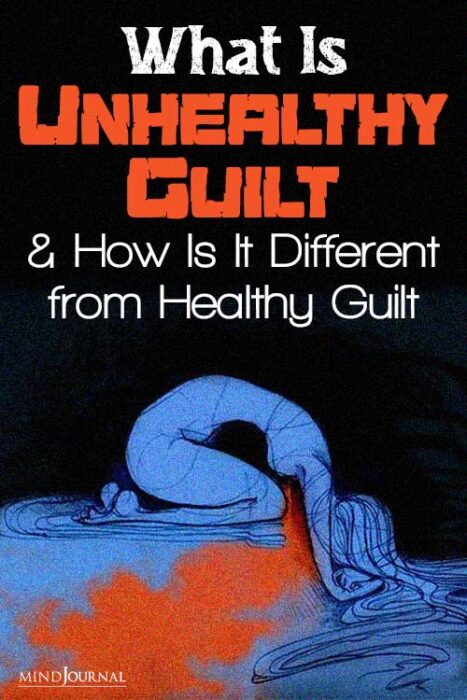
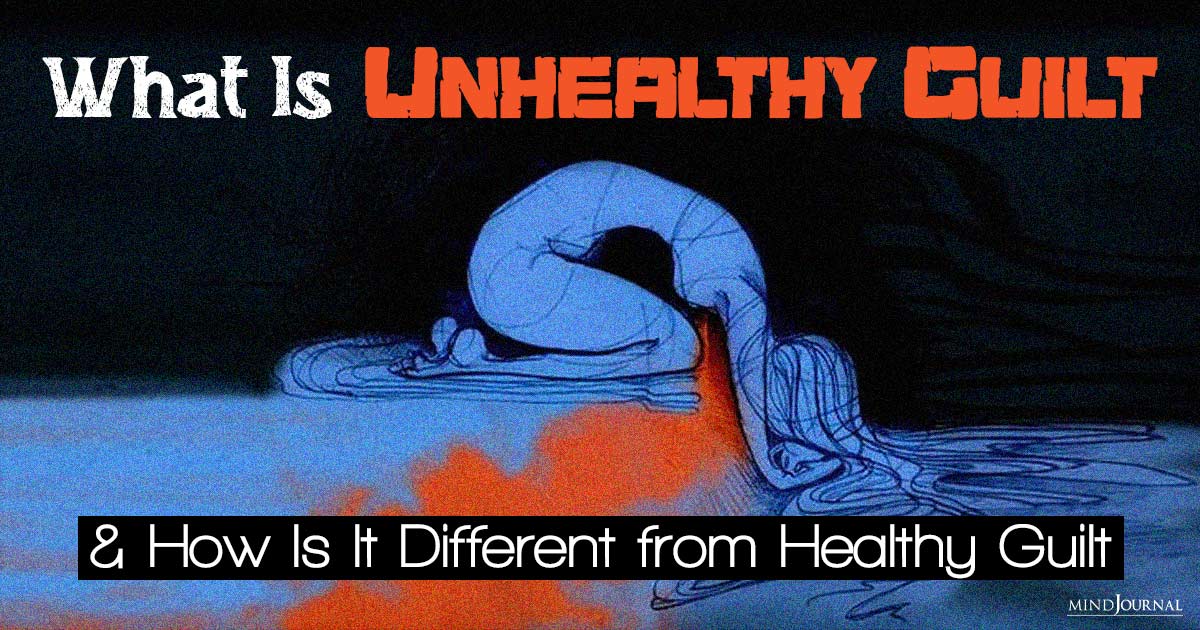


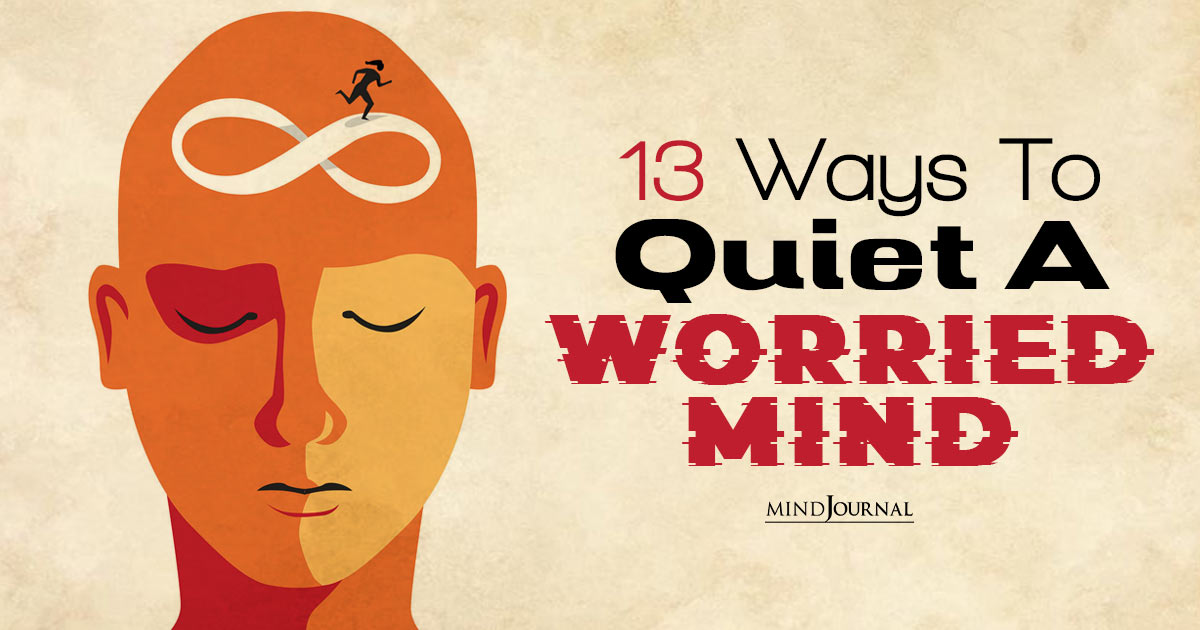
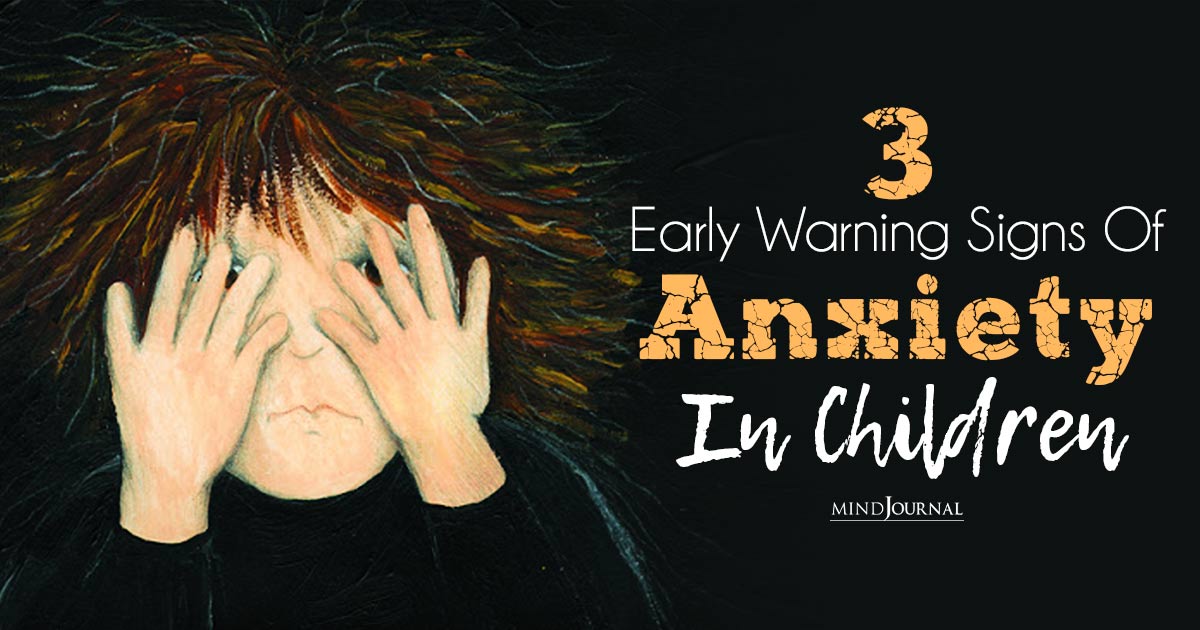
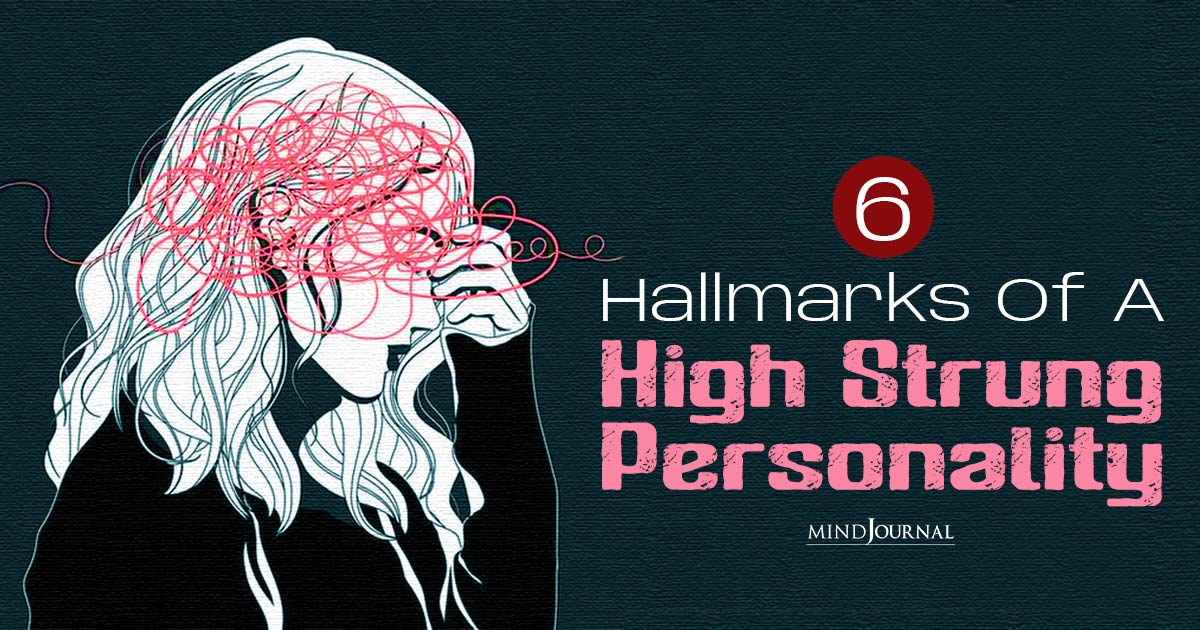
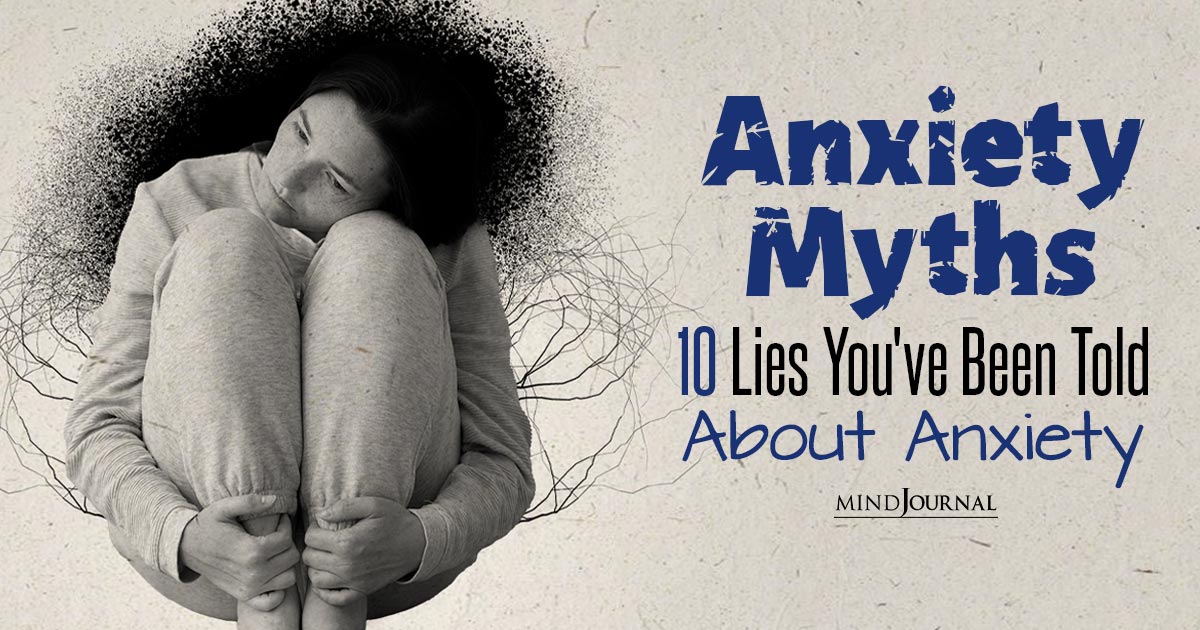
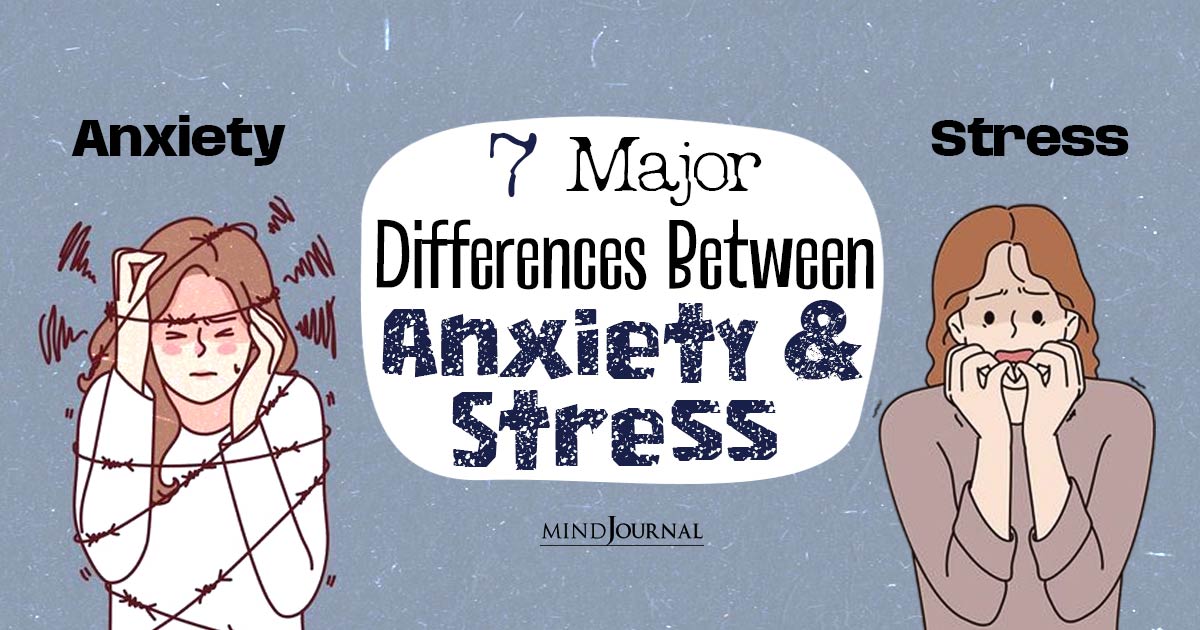
Leave a Reply
You must be logged in to post a comment.